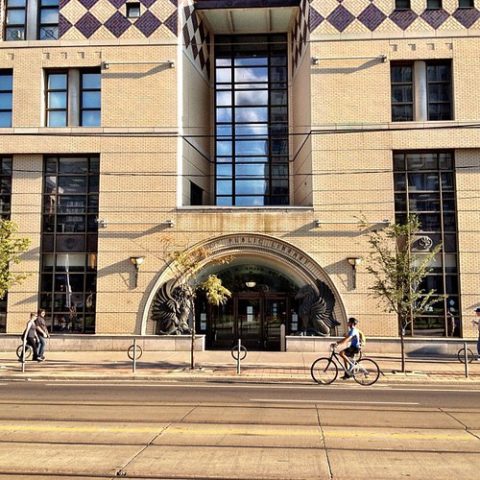In The Line, Matt Gurney explains the really important lesson that seems to have escaped a lot of the critics who covered the Rogers internet/cell/TV outage that took a third of the country offline for 24 hours or more:
Most of the conclusions reached after the Rogers telecommunication outage two weeks ago are wrong. Millions of people lost home internet, television and cellphone service for the better part of a day (some for much longer). For those who had all their services bundled with Rogers, this meant being entirely cut off, including from access to emergency services. It was a big deal, both in terms of lost economic productivity and for those Canadians who needed help and could not access it.
The problem isn’t with Rogers, though. The problem is with everyone else.
I don’t want to be misunderstood. Rogers is bad. It did have a big problem. I am not a fan. Their customer service is generally awful. Their reliability and performance is decidedly meh and the meh costs a fortune. So don’t take this column as some sort of apologia for Rogers. I am one of their customers, but I’m only one of their customers because none of the other options are much better.
But still. The lesson of two Fridays ago shouldn’t be that Rogers is bad. It also shouldn’t be that the CRTC is bad or that our politicians are spineless and that our regulators are thoroughly captured. All of those things are true, but they’re not the lesson. That wasn’t the failure of two Fridays ago. The failure of two Fridays ago was that when one of our telecom companies went down, a pretty horrifying cross-section of Canadian society had no back-up plan.
Let’s imagine an alternate universe where things in Canada simply functioned better. Close your eyes and just dream it up. You’re in a different Canada now. The CRTC is awesome. Our politicians are terrific. Rogers is an incredibly good company that is masterful at delivering services that are overwhelmingly reliable and affordably priced. Even in this increasingly far-fetched parallel timeline, no telecom company is going to bat a thousand. You will never have 100 per cent service reliability. This alternate Canada still has outages — maybe they’re rare and brief, but they’re not unheard of or impossible.
And that’s why we can’t look at what happened two weeks ago as a failure at Rogers. Obviously Rogers failed. But the real failure was a failure of imagination and planning on the behalf of millions of individuals, and a worryingly diverse set of institutions, that did not have a back-up plan.













